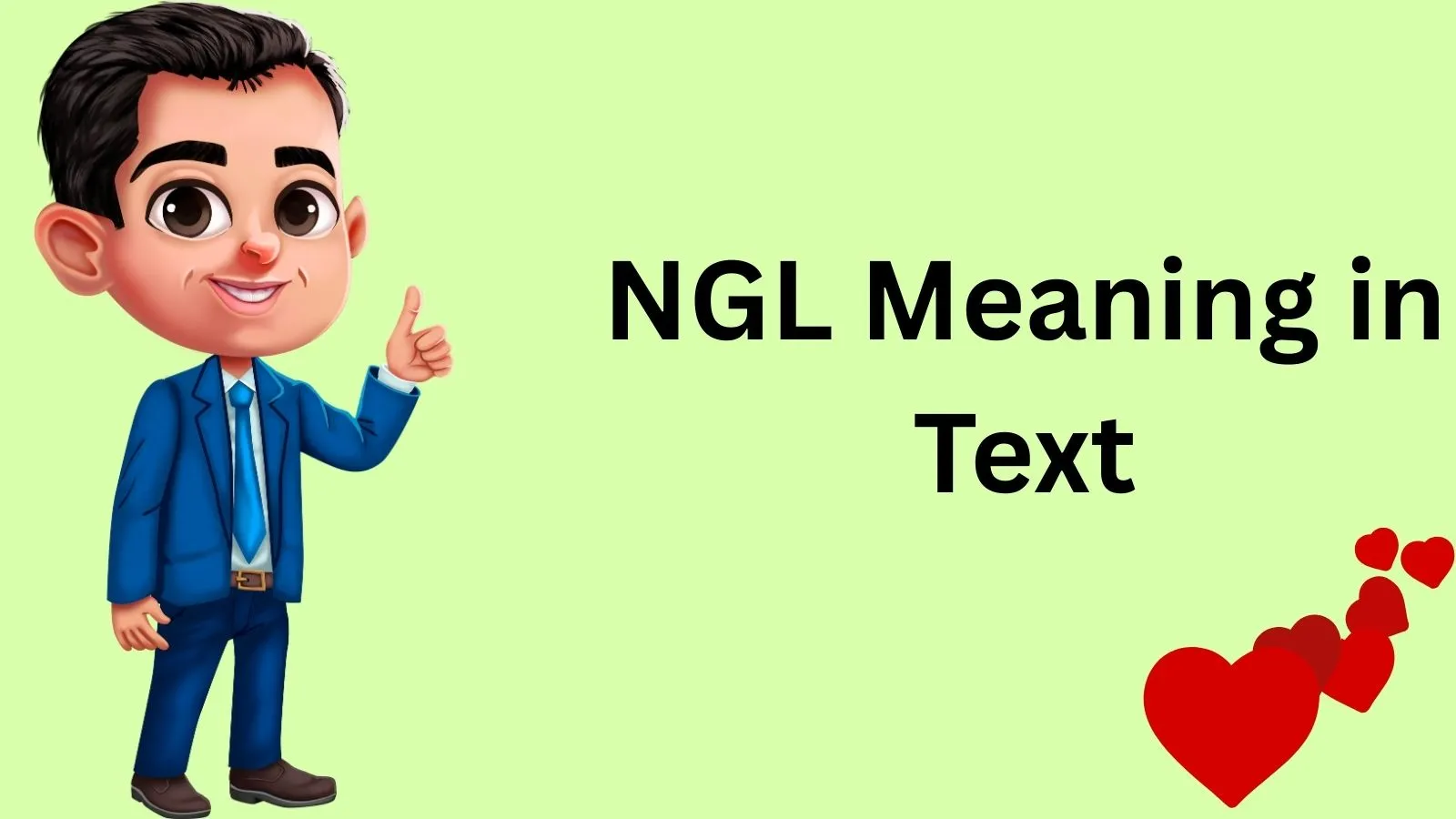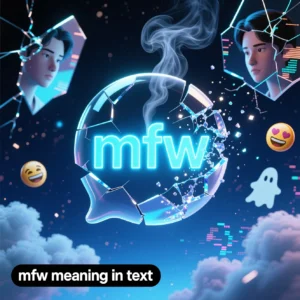In today’s fast-paced digital world, slang and abbreviations dominate our conversations. Whether you’re texting a friend, scrolling through social media, or gaming online, you’ve likely come across the term “ngl.” But what does it mean, and why is it so popular?
Ngl stands for “not gonna lie” and is used to express honesty or to preface a candid opinion. It’s a staple in casual conversations, especially among younger generations. Understanding this term is crucial because it’s everywhere—from memes to professional chats. Misinterpreting it could lead to awkward moments or misunderstandings.
In this blog post, we’ll break down everything you need to know about ngl, from its definition and history to its usage in different contexts. By the end, you’ll be equipped to use it confidently and respond appropriately.
What Does ngl Mean?
Ngl is an abbreviation for “not gonna lie.” It’s used to emphasize honesty or to admit something that might be surprising or uncomfortable. Think of it as a way to say, “I’m being real with you.”
Real-Life Examples
Here’s how ngl might appear in everyday conversations:
- Texting:
Friend 1: “What do you think of my new haircut?”
Friend 2: “ngl, it’s not my favorite, but it’ll grow on me!” - Social Media Comment:
“ngl, this pizza looks better than anything I’ve ever eaten.” - Gaming Chat:
Player 1: “I carried the team that round.”
Player 2: “ngl, you did pretty well.”
In each case, ngl adds a layer of authenticity to the statement.
The Origins and Evolution of ngl
The abbreviation ngl emerged with the rise of texting and online communication in the early 2000s. As people sought quicker ways to type, abbreviations like ngl became popular.
Initially, it was used in casual chats and forums. Over time, it spread to social media platforms like Twitter, Instagram, and TikTok. Today, it’s a common part of internet slang, especially among Gen Z and millennials.
How ngl Is Used in Different Contexts
Ngl is versatile and fits into various situations. Here’s how it’s used across different platforms:
1. Texting
In personal messages, ngl is often used to share honest opinions or feelings.
Example:
- “ngl, I’m really nervous about the presentation tomorrow.”
2. Social Media
On platforms like Twitter or Instagram, ngl is used to comment on posts or share thoughts.
Example:
- “ngl, this movie trailer has me hyped!”
3. Gaming
Gamers use ngl to admit mistakes or compliment others.
Example:
- “ngl, I didn’t think we’d win that match.”
4. Professional Settings
While less common, ngl can appear in informal work chats to express honesty.
Example:
- “ngl, this project is more challenging than I expected.”
Common Misconceptions About ngl
Some people confuse ngl with similar abbreviations like “idgaf” (I don’t give a f***) or “tbh” (to be honest). However, ngl is more neutral and less confrontational.
Another misconception is that ngl is always negative. In reality, it can be used to share positive or neutral opinions too.
Similar Terms and Alternatives
Here are some related terms and how they compare to ngl:
| Term | Meaning | Tone |
| ngl | Not gonna lie | Neutral, honest |
| tbh | To be honest | Neutral, reflective |
| idgaf | I don’t give a f*** | Aggressive, dismissive |
| imo | In my opinion | Neutral, subjective |
How to Respond to ngl
Your response to ngl depends on the context. Here are some examples:
- Casual:
“ngl, I love your new playlist.”
Response: “Thanks! I worked hard on it.” - Funny:
“ngl, I ate the last slice of pizza.”
Response: “ngl, I’m not surprised.” - Professional:
“ngl, this deadline is tight.”
Response: “Let’s prioritize and get it done.”
Regional and Cultural Differences
Ngl is widely used in English-speaking countries but may not translate directly into other languages. In some cultures, direct honesty might be less common, so ngl could feel out of place.
Is ngl Offensive?
Generally, ngl is harmless. However, tone and context matter. Using it to deliver harsh criticism could come across as rude.
Is ngl Suitable for Professional Communication?
While ngl is casual, it can be used in informal work settings. For formal communication, opt for phrases like “to be honest” or “frankly.”
FAQs
- What does ngl stand for?
- It stands for “not gonna lie.”
- Is ngl rude?
- Not usually, but tone matters.
- Can I use ngl in professional emails?
- It’s best to avoid it in formal settings.
- What’s the difference between ngl and tbh?
- Ngl emphasizes honesty, while tbh is more reflective.
- Is ngl used in gaming?
- Yes, gamers often use it to admit mistakes or compliment others.
Conclusion
Ngl is a simple yet powerful abbreviation that adds honesty and authenticity to conversations. Whether you’re texting, posting on social media, or chatting with coworkers, understanding and using ngl can help you communicate more effectively. Just remember to consider the context and tone to avoid misunderstandings.



Pingback: S/U Meaning in Text: A Complete Comprehensive Guide (Latest Update)
Pingback: NMMS Meaning in Text: A Complete Guide to Understanding and Using It (Updated)